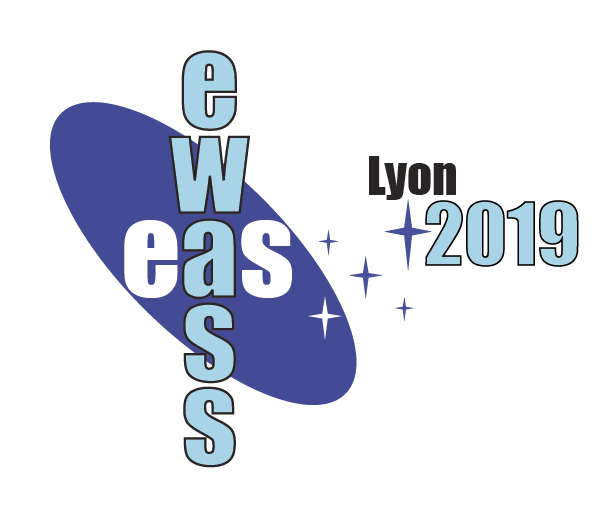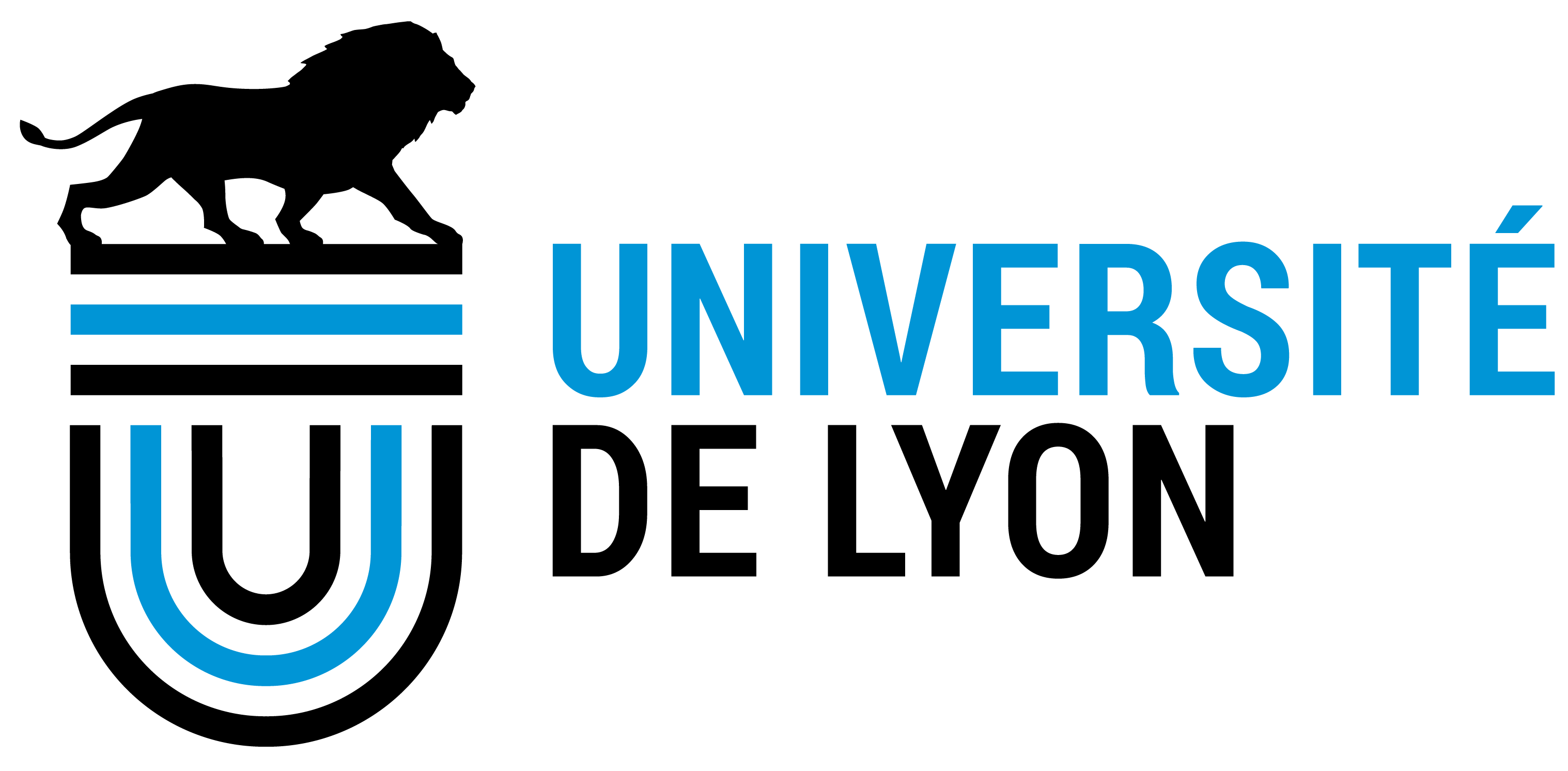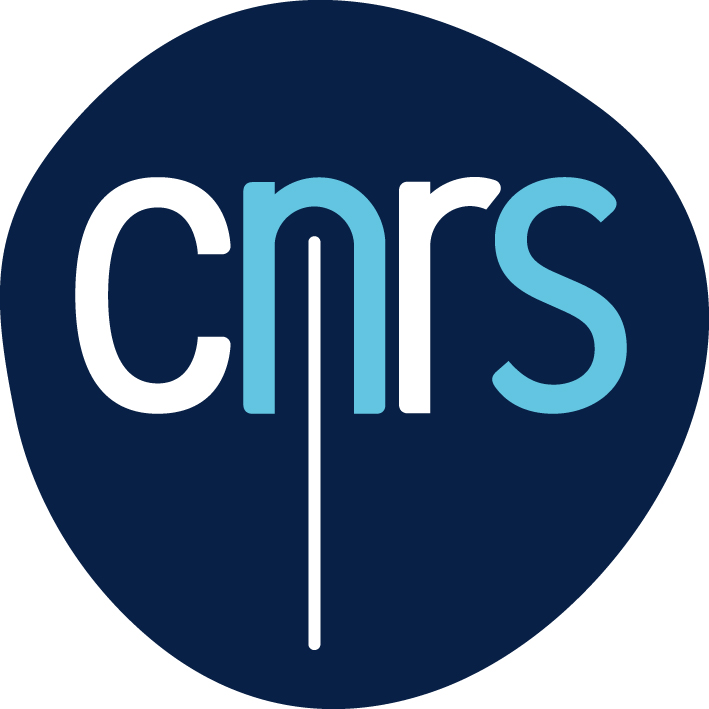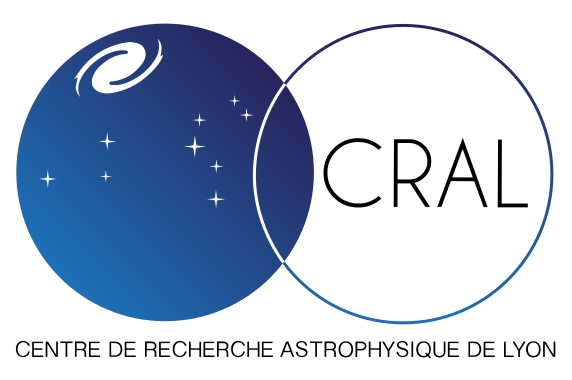
|
Lunch Session LS9
25 June 2019
The World without Astronomy: A modern view of the Impact of Astronomy
What would happen if tomorrow all telescopes around the world were to be closed? Will anybody notice?
A few centuries ago astronomy was an applied science and its knowledge often was a matter of survival, because it was used for navigation and time keeping. However, the last astronomical discovery with indisputable and direct practical implications - the discovery of helium - happened 150 years ago, in 1868. We have learned a lot about the Universe since then, but this is not of direct use, even if there are still ubiquitous statements that some technological spin-offs arise from the technology used by astronomy (eye surgery, yellow laser, etc.).
Programme
Invited speakers
Scientific organisers Giacomo Beccari, Henri Boffin, Ivo Saviane (ESO) Contact Henri Boffin (ESO), hboffin @ eso.org Updated on Tue Dec 04 21:02:10 CET 2018
|
||||||||||||||
|
European Week of Astronomy and Space Science / The annual meeting of the EAS |
|||||||||||||||
 A power cut will shut down all EAS services on Tuesday, 10 January 2017 starting at 7:30 CET.
A power cut will shut down all EAS services on Tuesday, 10 January 2017 starting at 7:30 CET.





